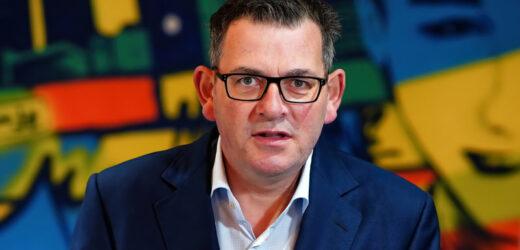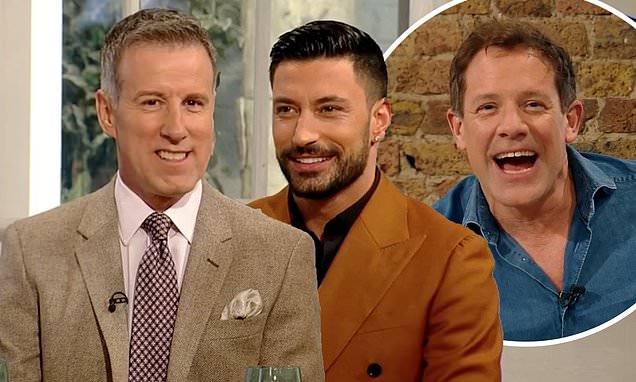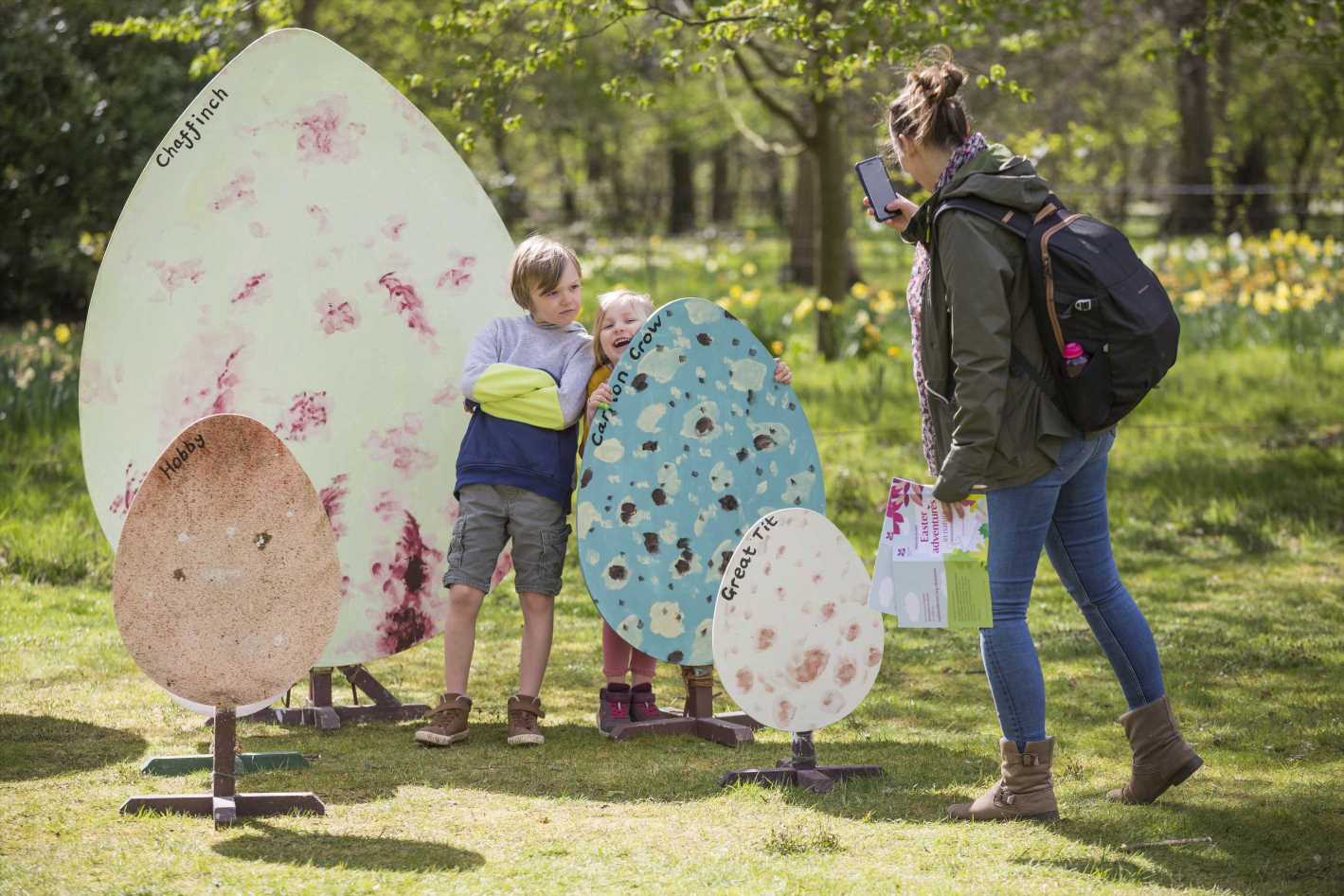Daniel Andrews has defended the nature and timing of his surprise visit to China, just weeks after the federal government signed the AUKUS security pact, and while questions remain about the identities of those the Victorian premier will meet on his seventh official visit to the country.
Andrews leaves for the four-day tour on Monday afternoon, which will make the first leader of an Australian government to visit China since the beginning of the pandemic. The plans were first reported by The Age on Saturday.
Daniel Andrews has announced a surprise visit to China but has not yet released an itinerary.Credit:Luis Enrique Ascui
Speaking to the media on Sunday, Andrews said he would meet with senior officials from the Jiangsu and Sichuan provinces, and representatives from the government of Beijing, but the full itinerary had not yet been finalised despite the trip being planned for weeks.
Andrews said the main purpose of this visit was to strengthen Victoria’s standing among prospective Chinese students. But Education Minister Natalie Hutchins will not accompany the premier nor will Trade Minister Steve Dimopoulos or any other ministers.
Asked whether his government planned to unveil new trade or infrastructure deals during the visit, Andrews said “lots of things” would be discussed while he was there.
“But it’s not a trip that’s designed to sign deals. It’s about coming out of a one-in-100 year event, which has obviously been difficult for all of us,” he said.
Premier Daniel Andrews in Beijing in 2015.Credit:Twitter
“This partnership has always been important. And arguably it’s more important than ever as we – all of us – seek to reset, rebuild and repair the damage and set our economies and our communities up for an even stronger future.”
Andrews said he had spoken about the trip with Anthony Albanese, and the prime minister was enthusiastic about the premier’s visit.
Albanese is yet to travel to Beijing, but did meet Chinese President Xi Jinping on the sidelines of the G20 summit in Bali in November.
While there has been a thaw in relations between the two countries since the May 2022 election, tensions flared earlier this month when Albanese joined US President Joe Biden and UK Prime Minister Rishi Sunak in signing the AUKUS agreement. The security pact is aimed at countering China’s rise in the Indo-Pacific region and will lead to Australia hosting American nuclear-powered submarines within five years.
The Victorian government has kept the Department of Foreign Affairs and Trade informed of its plans, but there has been some unease in Canberra given the state’s past Belt and Road Initiative (BRI) agreements with China.
Belt and Road is a $1.5 trillion infrastructure initiative co-funded and mostly built by China.
Andrews’ 2019 announcement of his government’s BRI plan blindsided DFAT, and the Morrison government subsequently quashed the deal under its foreign veto laws.
Shadow foreign minister Simon Birmingham said while every premier was entitled to undertake trade missions, state leaders should “stay in their lanes”.
“Premiers should ensure they are briefed, where appropriate, on national security sensitivities,” Birmingham said.
“They certainly should not be striking secret deals with foreign governments and must fully adhere to the protections the [former] Coalition government implemented that ensure the primacy of the federal government in foreign policy.”
When Andrews was asked on Sunday why he had not invited members of the Australian media to report on the trip, he said: “This is not very picture-friendly.”
“There’s no big events. We’re not doing tours. It’s back-to-back meetings. That’s why we won’t be bringing the media with us. But, I hasten to add, there’s some other trips to other parts of the world [coming up] … and there will be some media contingent [for those visits].”
Victorian deputy Liberal leader David Southwick welcomed the upcoming trade mission, but said the premier’s full itinerary should be made public and the media should have been invited.
“Let’s repair the relationship between China and Australia and Victoria, but let’s do it in a transparent way,” he said.
“I think all Victorians would want to know who Daniel Andrews is meeting. What’s the benefit to Victorians? That needs to be the focus.”
A spokesperson for Albanese said Andrews’ visit was another positive step towards stabilising relations between China and Australia.
“In recent months the prime minister and several ministers have each held constructive discussions with our counterparts,” the spokesperson said.
“In those discussions, we have made clear we seek to co-operate with China where we can, disagree where we must and engage in matters of our national interest. Premier Andrews will bring that same approach.
“We will continue to speak out as necessary on the issues that matter to Australia.”
Andrews said he would not raise the persecution of Uyghur minorities with Chinese officials.
“That would not be something that I’ll raise because they are deeply sensitive matters … and best dealt with by the Australian foreign service. You need to be very careful when you are the leader of a sub-sovereign state.”
He will meet with Australia’s ambassador to China, Graham Fletcher, on Tuesday.
Federal Assistant Trade Minister Tim Ayres will travel to China for the Boao business forum that same day, making him the first Australian minister to attend the summit in more than half a decade. He will seek to further ease trade restrictions.
The delegation to the forum – which Ayres has dubbed the “Davos of Asia” – is a precursor to Trade Minister Don Farrell’s first trip to China, which is expected to occur in the coming weeks.
With Rachel Clun
The Morning Edition newsletter is our guide to the day’s most important and interesting stories, analysis and insights. Sign up here.
Most Viewed in Politics
From our partners
Source: Read Full Article




